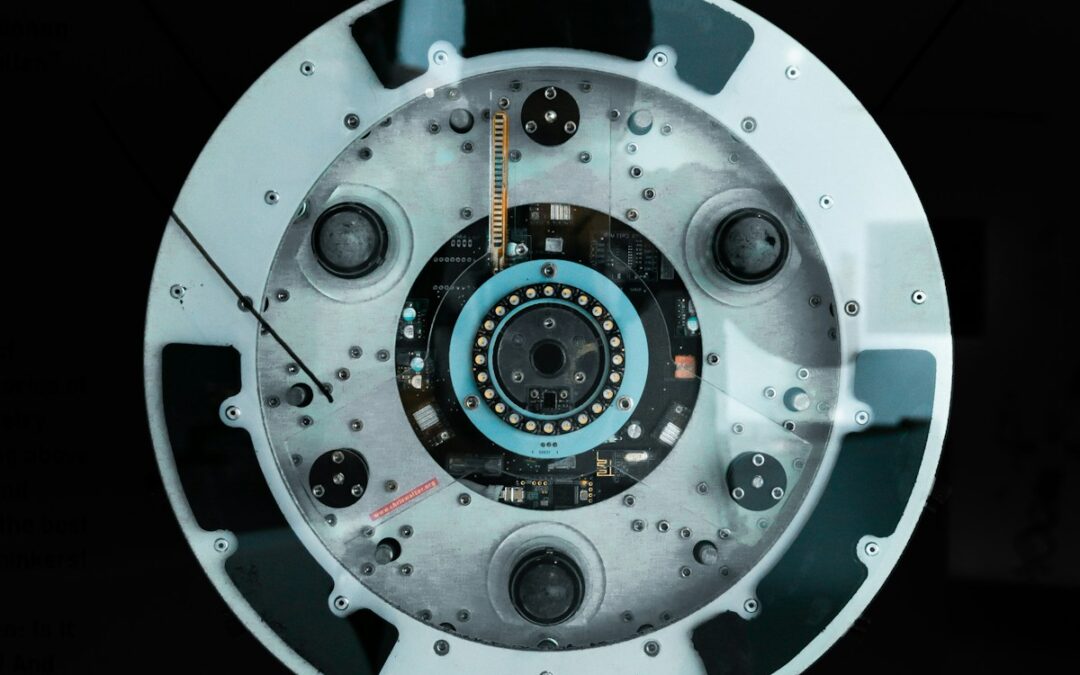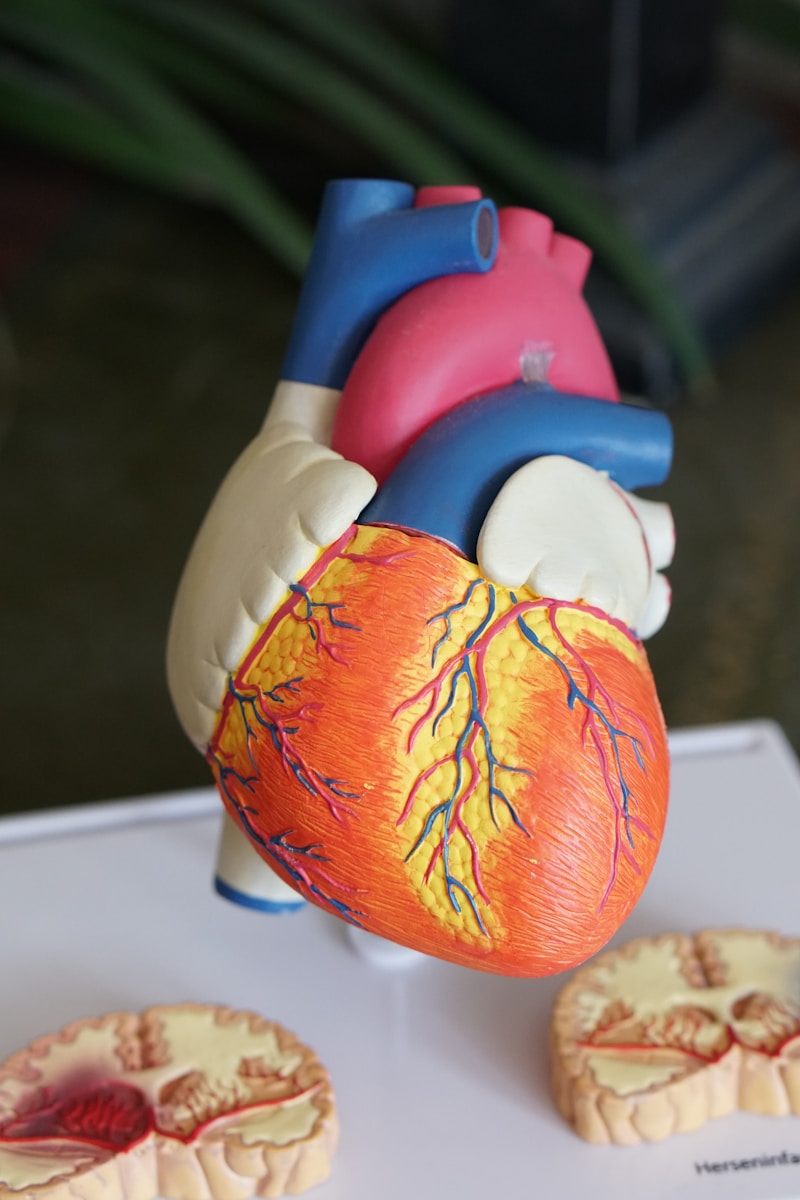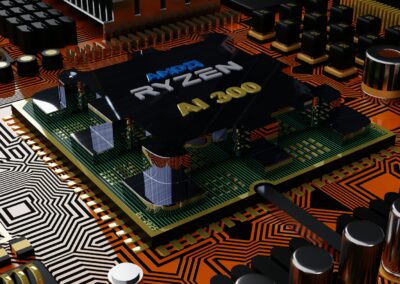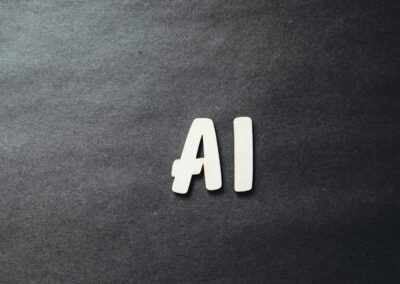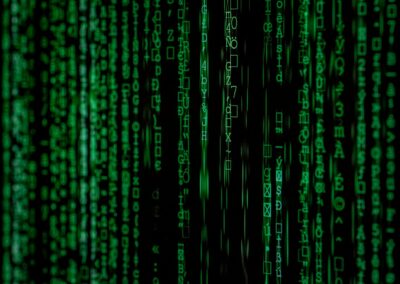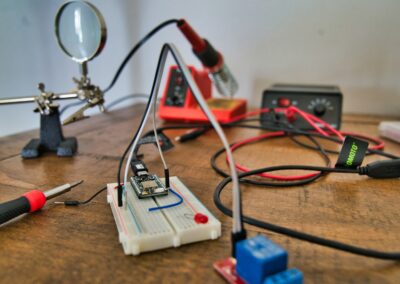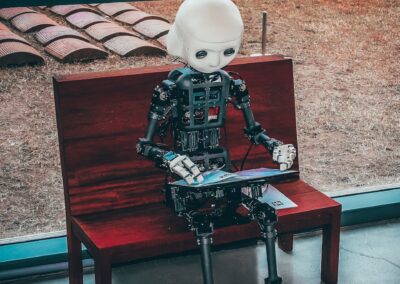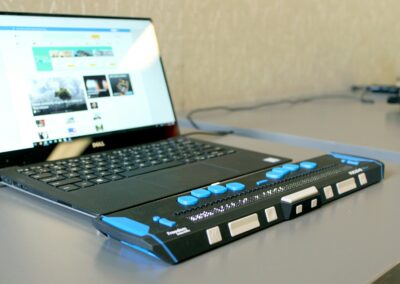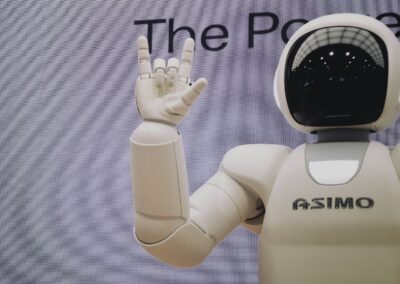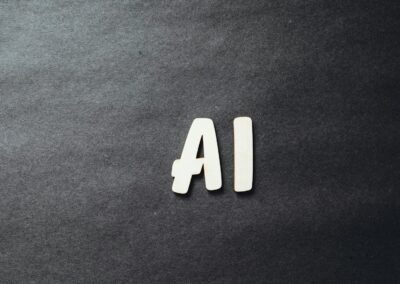The Role of Machine Learning in Advancing IoT Technology
Revolutionizing IoT Devices with Machine Learning Algorithms
The evolution of machine learning algorithms in IoT devices has significantly enhanced their smart capabilities, transforming how we interact with technology in our daily lives. Initially, IoT devices were limited to basic data collection and transmission. However, the integration of machine learning algorithms has revolutionized these devices by enabling them to analyze data, learn from patterns, and make intelligent decisions. This advancement has allowed IoT devices to become more autonomous and efficient, providing users with seamless and intuitive experiences.
Machine learning algorithms have enabled IoT devices to predict and respond to user needs more accurately. For example, smart home systems can learn a user’s daily routine and adjust lighting, temperature, and security settings accordingly. This level of automation not only enhances convenience but also contributes to energy efficiency and cost savings. The impact of machine learning on IoT devices is particularly evident in smart cities like Riyadh and Dubai, where these technologies are being implemented to improve urban living and streamline city management.
In Saudi Arabia and the UAE, the adoption of machine learning-driven IoT devices aligns with the regions’ ambitions for digital transformation and technological advancement. By leveraging these innovations, businesses and government entities can optimize operations, enhance service delivery, and drive economic growth. The integration of machine learning algorithms in IoT devices exemplifies how modern technology can create smarter, more connected environments, ultimately improving the quality of life for residents.
Machine Learning and AI: Enhancing Predictive Capabilities in IoT
The combination of machine learning algorithms in IoT devices with artificial intelligence (AI) has further enhanced their predictive capabilities. AI algorithms analyze vast amounts of data collected by IoT sensors to identify patterns and make accurate predictions. For instance, predictive maintenance in industrial IoT applications can forecast equipment failures before they occur, allowing for timely interventions and reducing downtime. This capability is crucial for maintaining operational efficiency and ensuring business continuity.
Moreover, the integration of generative AI with IoT devices has opened new avenues for innovation. Generative AI can create models based on historical data, enabling IoT devices to simulate various scenarios and optimize their responses. In smart healthcare systems, for example, AI-driven IoT devices can monitor patient vitals in real-time and predict potential health issues, prompting early interventions and improving patient outcomes. The synergy between machine learning and AI in IoT devices demonstrates the transformative potential of these technologies in enhancing predictive analytics and decision-making processes.
For business executives and mid-level managers, understanding the implications of machine learning and AI in IoT is essential for strategic planning and innovation. By adopting these advanced technologies, organizations can improve operational efficiency, reduce costs, and provide better services to customers. In regions like Dubai and Riyadh, where technological innovation is a key driver of economic development, the integration of machine learning algorithms in IoT devices can provide a competitive edge and support long-term business success.
Practical Applications and Future Prospects of Machine Learning in IoT
Improving Business Operations with Smart IoT Solutions
The practical applications of machine learning algorithms in IoT devices extend across various industries, significantly improving business operations. In the retail sector, for example, smart shelves equipped with IoT sensors can monitor inventory levels in real-time and trigger automatic reorders when stocks run low. Machine learning algorithms analyze sales data to optimize inventory management, reducing waste and ensuring that popular products are always available. This level of automation enhances supply chain efficiency and improves customer satisfaction.
In the automotive industry, machine learning algorithms are used in connected cars to enhance driver safety and convenience. IoT devices in vehicles collect data on driving behavior, traffic conditions, and vehicle performance. Machine learning models analyze this data to provide real-time feedback and recommendations to drivers, improving safety and driving efficiency. The integration of IoT and machine learning in connected cars is particularly relevant in smart cities like Riyadh and Dubai, where advanced transportation systems are being developed to meet the needs of growing urban populations.
For project managers and leaders in various sectors, leveraging machine learning-driven IoT solutions can drive operational excellence and innovation. By harnessing the power of these technologies, organizations can streamline processes, improve decision-making, and achieve strategic goals. The adoption of machine learning algorithms in IoT devices represents a significant step towards creating smarter, more efficient business environments.
The Future of Machine Learning and IoT in Business Success
As machine learning algorithms continue to evolve, their impact on IoT devices will further transform business operations and strategies. The future of IoT lies in its ability to become more adaptive and intelligent, driven by advancements in machine learning and AI. For instance, IoT devices will be able to autonomously manage complex tasks, such as optimizing energy consumption in smart buildings or predicting customer preferences in retail environments. This level of automation and intelligence will enable businesses to operate more efficiently and effectively, driving success in competitive markets.
In regions like Saudi Arabia and the UAE, where innovation and technological advancement are top priorities, the future of machine learning in IoT holds great promise. Governments and businesses are investing heavily in smart technologies to enhance infrastructure, improve public services, and drive economic growth. By staying at the forefront of these developments, organizations can position themselves as leaders in their respective industries and contribute to the broader goals of national development.
For entrepreneurs and business executives, understanding the future trends and opportunities in machine learning and IoT is crucial for staying competitive. By embracing these technologies, businesses can unlock new revenue streams, improve customer experiences, and achieve sustainable growth. The integration of machine learning algorithms in IoT devices represents a significant opportunity for businesses to innovate and succeed in the rapidly evolving digital landscape.
Conclusion: Embracing Machine Learning for IoT Innovation
In conclusion, the evolution of machine learning algorithms in IoT devices has significantly enhanced their smart capabilities, transforming various aspects of business and daily life. The integration of machine learning and AI in IoT devices enables more accurate predictions, intelligent decision-making, and improved operational efficiency. As these technologies continue to advance, their impact on industries such as retail, automotive, and healthcare will become even more profound. For business leaders and entrepreneurs in regions like Saudi Arabia and the UAE, embracing machine learning-driven IoT solutions offers a path to innovation, competitiveness, and long-term success. By staying ahead of technological trends and investing in smart solutions, organizations can create smarter, more connected environments that enhance both business operations and quality of life.
—
#MachineLearning, #IoTDevices, #SmartCapabilities, #ArtificialIntelligence, #GenerativeAI, #BusinessSuccess, #LeadershipSkills, #ProjectManagement, #SaudiArabia, #UAE, #Riyadh, #Dubai

